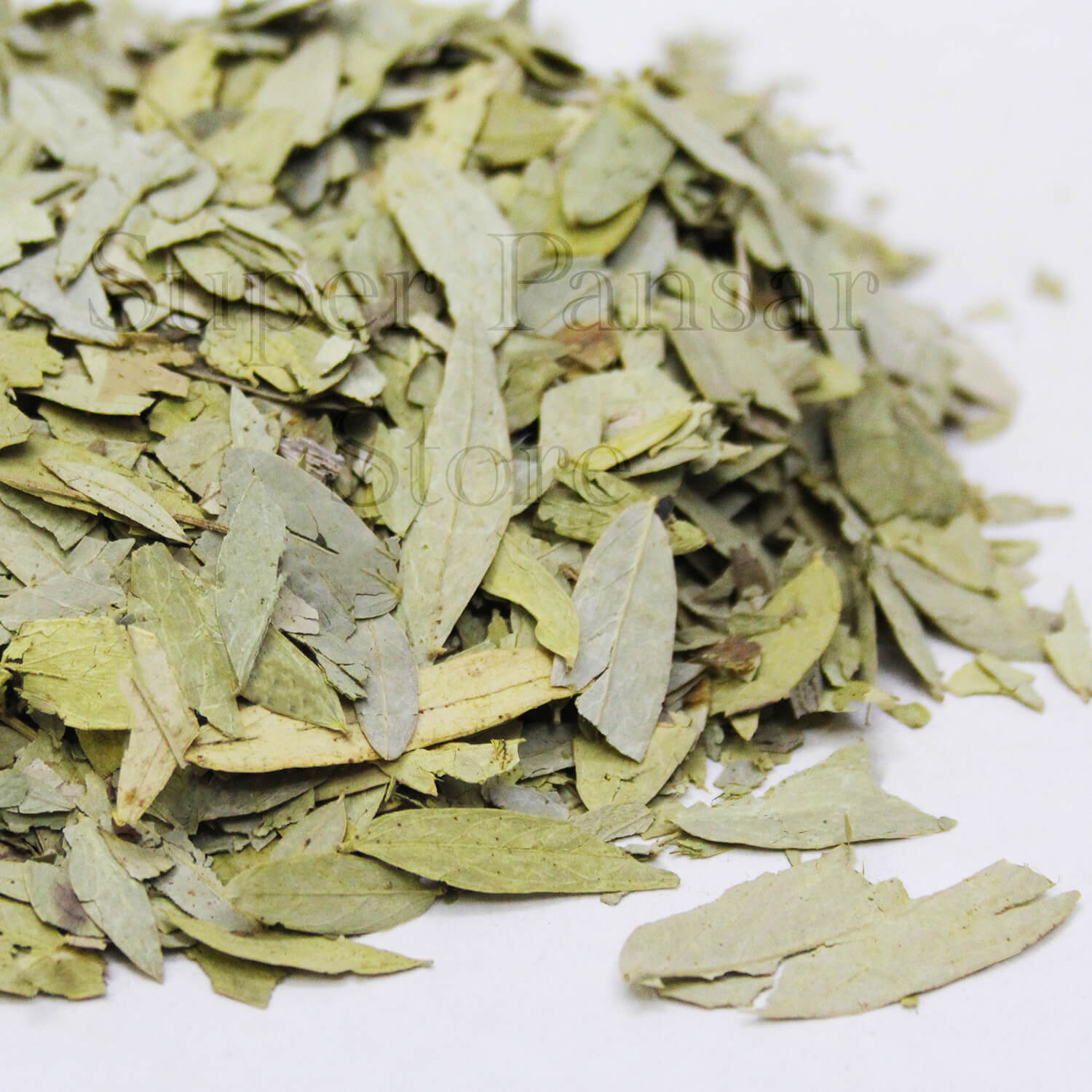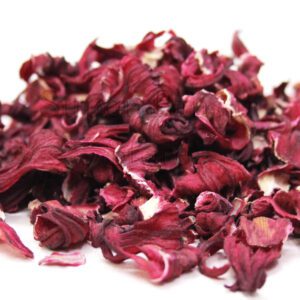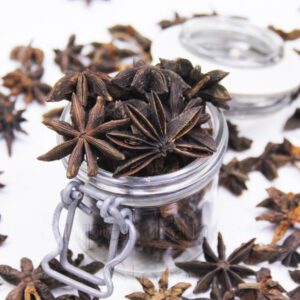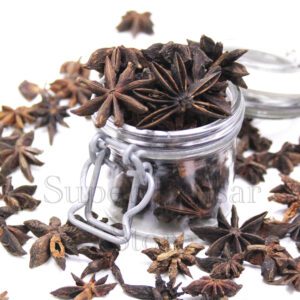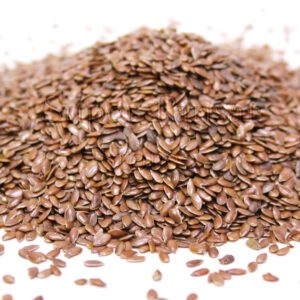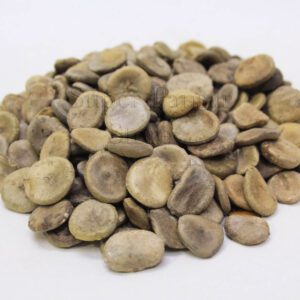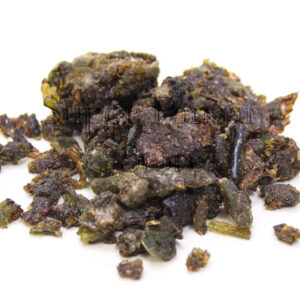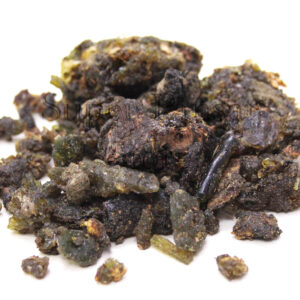Senna Leaves (Sana Makki) سناء مکی
₨ 150 – ₨ 1,250
Overview
Senna leaves come from the plant Senna alexandrina, also known as Cassia angustifolia or Cassia senna. Senna is a flowering plant in the legume family Fabaceae and is native to North Africa and parts of Asia. Senna leaves contain compounds called anthraquinones, primarily sennosides A and B, which have a stimulant laxative effect on the colon. These compounds stimulate the muscles of the intestines, promoting bowel movements and relieving constipation. Senna is often used as a short-term treatment for occasional constipation or to facilitate bowel movements before certain medical procedures.
Benefits
Relief from Constipation:
The most well-known benefit of senna leaves is their ability to relieve constipation. Senna contains compounds called anthraquinones, such as sennosides, which stimulate contractions in the intestinal muscles, promoting bowel movements and alleviating constipation. Senna is often used as a short-term remedy for occasional constipation.
Colon Cleansing:
Senna leaves are sometimes used in detoxification regimens or cleansing programs to help remove waste and toxins from the colon. By stimulating bowel movements, senna may aid in flushing out accumulated waste material and promoting colon health.
Weight Loss:
Some individuals use senna leaves as part of weight-loss programs or slimming teas. While senna can cause temporary weight loss by increasing bowel movements and reducing water retention, any weight loss is typically due to fluid loss rather than fat loss. It’s important to use senna for weight loss purposes cautiously and under the guidance of a healthcare professional.
Digestive Health:
In addition to relieving constipation, senna leaves may have other digestive benefits. Some people use senna to alleviate symptoms of bloating, gas, and indigestion, although scientific evidence supporting these uses is limited.
Anti-inflammatory Effects:
Some research suggests that senna leaves may possess anti-inflammatory properties. Certain compounds found in senna leaves, such as flavonoids and phenolic compounds, have been shown to have anti-inflammatory effects in laboratory studies. These effects may have potential applications in the treatment of inflammatory conditions, although further research is needed to confirm their efficacy and safety.
Antimicrobial Activity:
Senna leaves contain compounds with antimicrobial properties, which may help inhibit the growth of certain bacteria, fungi, and parasites. This antimicrobial activity could potentially be beneficial for treating infections, although more research is needed to evaluate the effectiveness of senna as an antimicrobial agent.
Potential Anticancer Effects:
Some preliminary studies have suggested that senna leaves may have anticancer properties. Certain compounds found in senna, such as anthraquinones and flavonoids, have demonstrated cytotoxic effects on cancer cells in laboratory studies. However, more research is needed to determine the potential anticancer effects of senna in humans.

